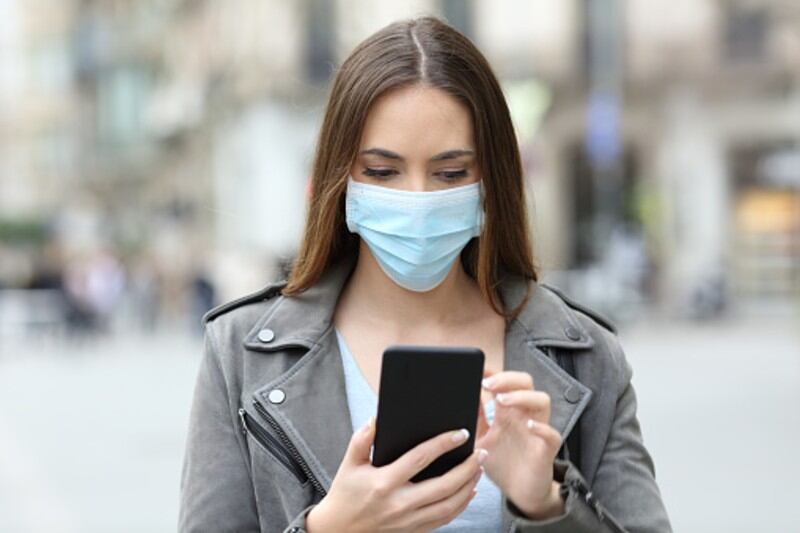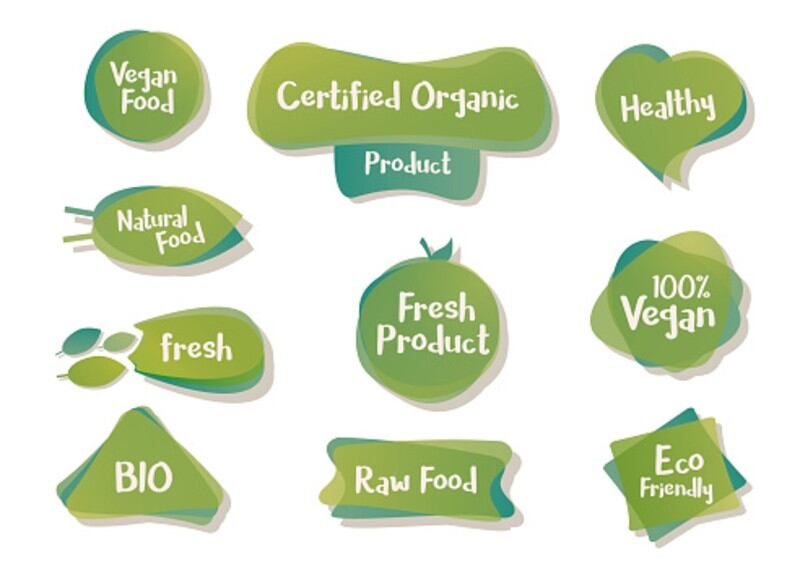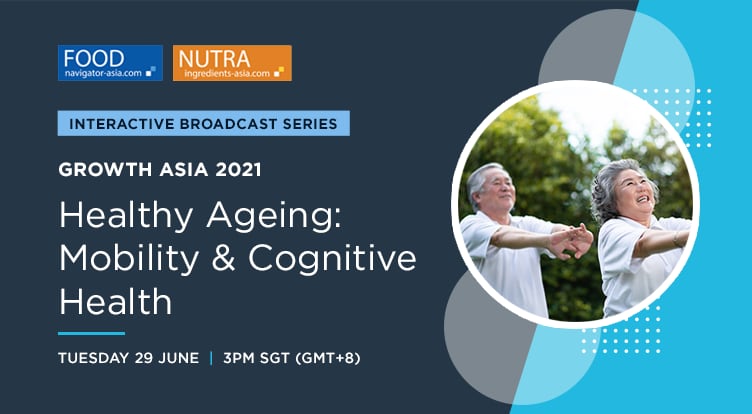The term ‘COVID-washing’ was coined by researchers from the University of Auckland via a research paper published on the subject earlier this year, which accused food and beverage firms of ‘misappropriating the COVID-19 pandemic [to] promote their unhealthy products to vulnerable populations during a time of increased stress and hardship’ – i.e. COVID-washing.
“14 of 20 unhealthy food and drink brands referenced COVID-19 in posts [from February to May 2020], peaking during nationwide lockdown restrictions – [showing that] COVID-washing was used by unhealthy food and drinks brands to increase brand loyalty and encourage consumption,” said the researchers.
“The current Advertising Standards system is ineffective and must be replaced with a government-led approach to effectively regulate social media advertising to protect all New Zealanders, particularly in times of crisis.”
These accusations have been met with a high level of ire by the local food and grocery industry, lambasting the researchers for putting out a paper merely to verify a ‘conspiracy’ of their own making.
“When a thoughtful and innocuous Nestle Instagram post thanking doctors and nurses for working hard looking after COVID patients is part of the researchers’ evidence of so-called ‘covid-washing’, it showed a lack of perspective on the part of researchers and weak argument on their part,” New Zealand Food And Grocery Council (NZFGC) Chief Executive Katherine Rich told FoodNavigator-Asia.
“Had the researchers pasted up the examples of the social media posts [from] our member companies - which tended to be sensitively and thoughtfully written messages to health workers thanking them, or posts offering parents art ideas for children - [most] readers would conclude they were positive messages reflecting a difficult time for everyone and certainly not campaigns. Even the term ‘COVID-washing’, which the researchers gave a specific definition, is an emotive word and not an objective academic term.
“Confirmation bias in research is a genuine problem [and my conclusion after taking the time to look at the specific messages examples collected] was that researchers set out to prove a hypothesis and interpreted all information to match a conspiracy. [This thinking] that companies used COVID for commercial advantage is not based on genuine evidence.”
The Nestle message for example was under KITKAT, a post saying: “The world is forever grateful to you for not having a break right now. #ThankYou”. Other examples included Arnott’s posts on recipes for home-made versions of their products, Lewis Road’s colouring-in sheet of a cow, and Whittaker’s picture of four chocolate bars forming a white cross on a red background with the message ‘Hello Nurses, we just wanted to show our support for all the amazing work you do to keep us safe’.
The study provided text but not pictorial descriptions of these messages, though pictures were included for some other brands' messages such as from Lindt, Griffin's and a different Arnott's post.
Supportive, not promotional
“Most promotions and campaigns [by our member companies] were actually cancelled during our COVID Lockdown - The COVID-related communications collated by the researchers from these member companies were generally social media posts of goodwill and support and were not promotions or campaigns at all,” said Rich.
“[These posts] tended to be sensitively and thoughtfully written messages to health workers thanking them or posts offering parents art ideas for children - Some like Coca-Cola offered booked airtime to the Ministry of Health for public health messages.
“Most people would think that positive messages to health workers during COVID was a nice thing to do.”
The study had also noted that several food and beverage brands had refrained from campaigns and promotions during lockdown.
"Coca-Cola only posted twice very early in the pandemic. Six brands included in the study did not post anything on social media during the four-month time period related to COVID-19: Cadbury, Bluebird, Doritos, Schweppes, Sprite and L&P," stated the researchers.
People ate healthier instead
The researchers also wrote that COVID-19 had led to an increase in unhealthy food and beverage purchasing and intake, due to ‘many people feeling isolated or stressed, which increased their vulnerability to “comfort eating” or binge eating’ and stressed that COVID-washing had played a significant role in pushing these unhealthy choices.
Rich also disputed this, saying that many consumers were also eating healthier due to a rise in cooking from scratch at home and eating with families.
“[If increased scanned snacks sales through supermarket were seen], this would be because all sales were channeled through supermarkets and not other outlets such as restaurants or cafes. People bought more of everything through the supermarket during this time,” she said.
“I am also aware there was a big upswing in snack sales near the end of the NZ lockdown as people planned celebrations, parties and get-togethers.”




